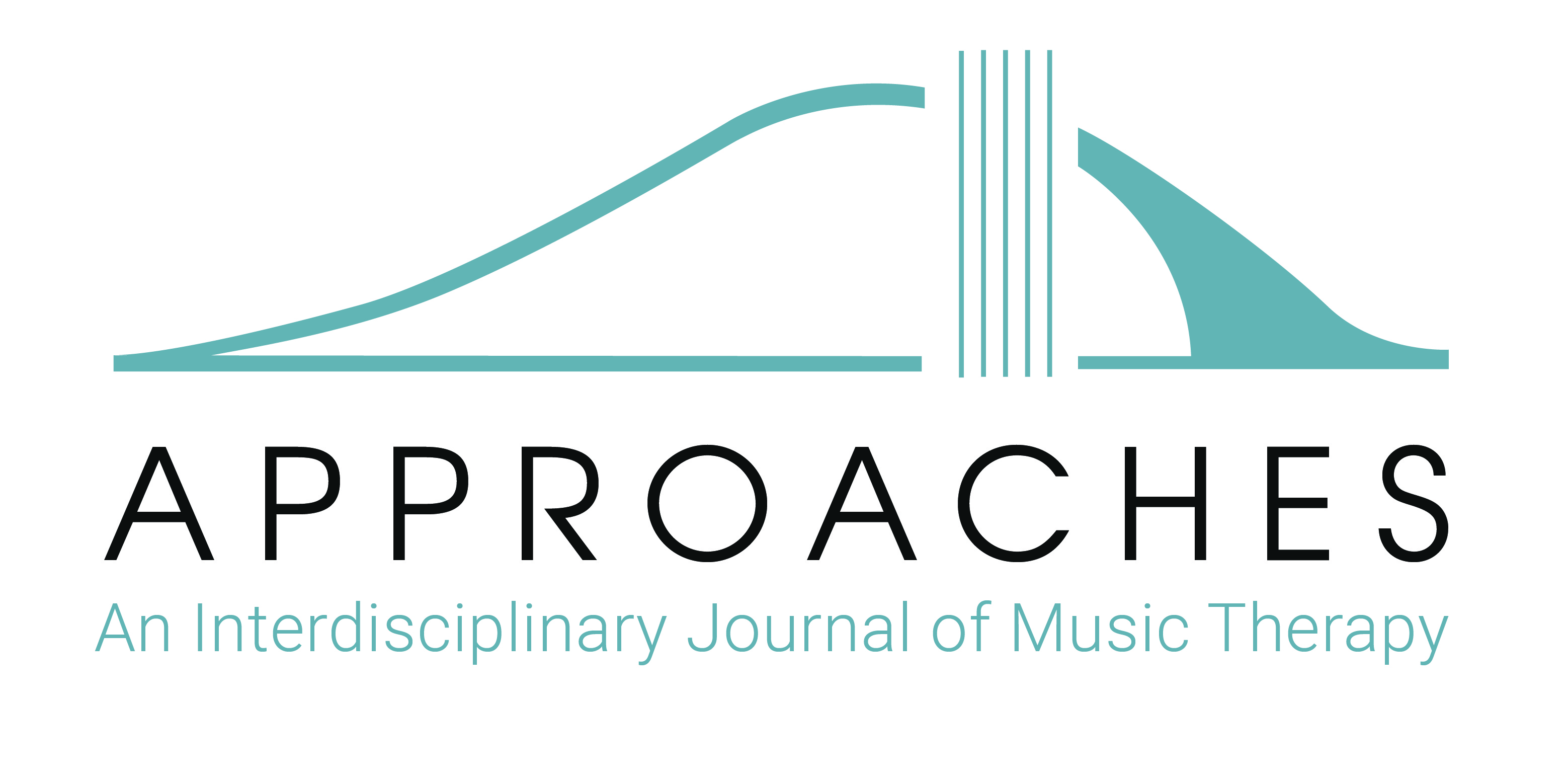Volume 14 (2) 2022 – Article (first published on 17 November 2020)
A clinical case study: Music therapy for an Ultra-Orthodox child with behavioural difficulties and developmental gaps
Nir Seri
ABSTRACT
This study deals with Josh, a five-year-old Israeli child, within the Ultra-Orthodox community. Josh (pseudonym), was referred for music therapy for his non-age-compatible development and difficulties with emotional self-regulation. Josh’s emotional-behavioural expressions were experienced as contradictory to Ultra-Orthodox socio-cultural conventions. Both Josh’s family and community were reluctant to contain his difficulties. As a non-Ultra-Orthodox music therapist, the intercultural therapeutic process brought to light essential questions about my role in treating Josh. One such question was whether to help Josh reveal his genuine colourful character, contrary to conventions of his community or alternatively, help him cope with the demands of his conservative rigid community? During the therapeutic process, Josh’s mother expressed difficulty in accepting his character, which I experienced as indicating a form of rejection. This experience appeared to leave Josh fearful of being abandoned by his mother and wishing for an attachment with someone who would understand and accept him. During sessions we played, improvised, sang and created an experience of togetherness. Subsequently, Josh felt himself at ease to express his colourful character. Thus, the child who began with an immature self- expression developed coherent regulated self-expression through voice, recordings, improvisations and communicative musicality. Therapeutic engagement that did not seek to “fix” him, but rather to contain and accept him, led Josh to adopt more effective behavioural, communicative, and emotional strategies that helped him to obtain emotional regulation. In conclusion, Josh became a child who managed to contain the intricacy of preserving his vivid character as well as accepting the Ultra-Orthodox community’s conservative social conventions.
KEYWORDS
attachment, emotion-regulation, dysregulation, Ultra-Orthodox, developmental gaps, intercultural, self
AUTHOR BIOGRAPHY
Dr Nir Seri is a musician and a music therapist with experience working with children from different cultural backgrounds in general and with Ultra-Orthodox children in particular. He also works with adults with special needs, and with children in a special education school. His musical composition and research deals especially with intercultural music. [seris42@gmail.com]
